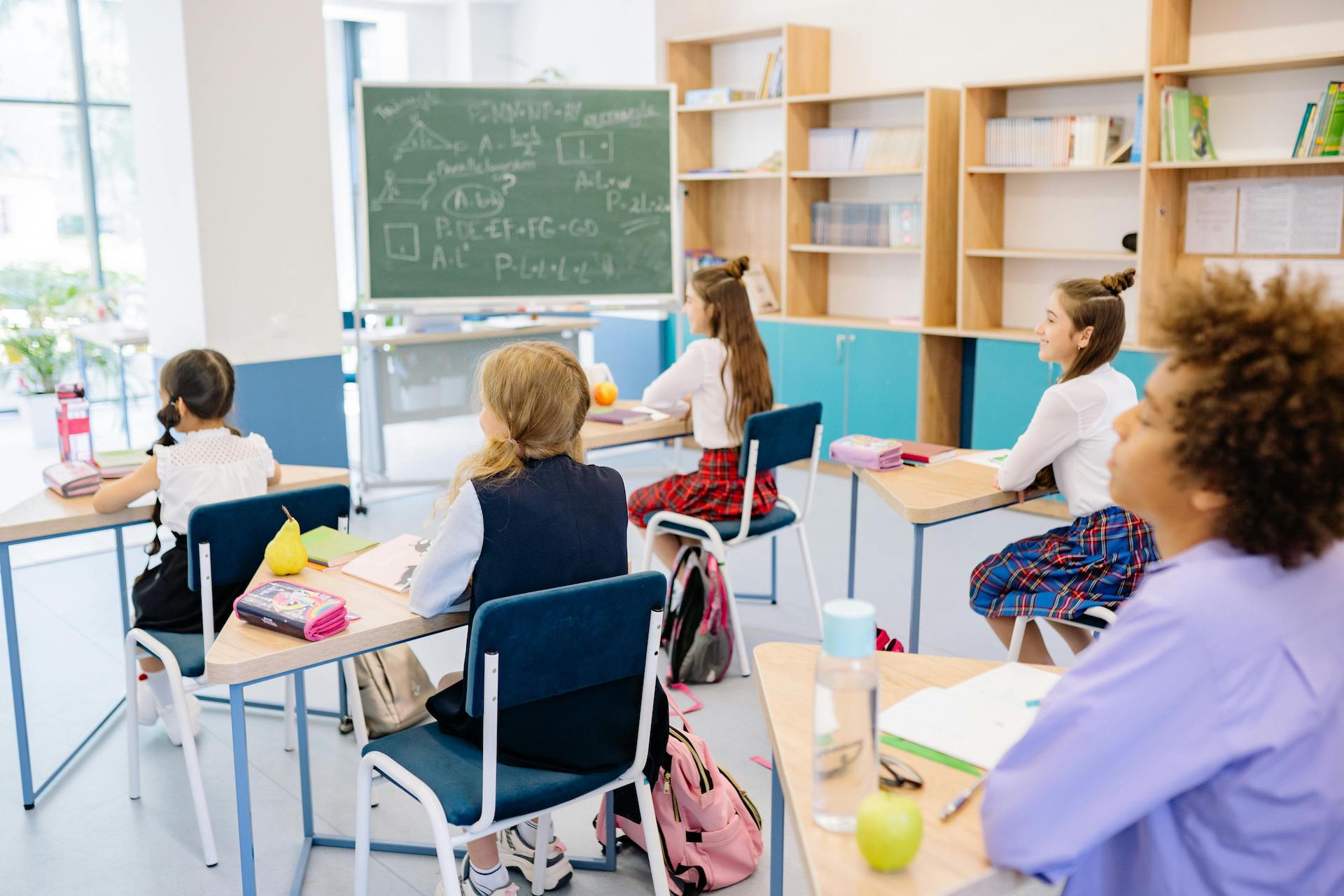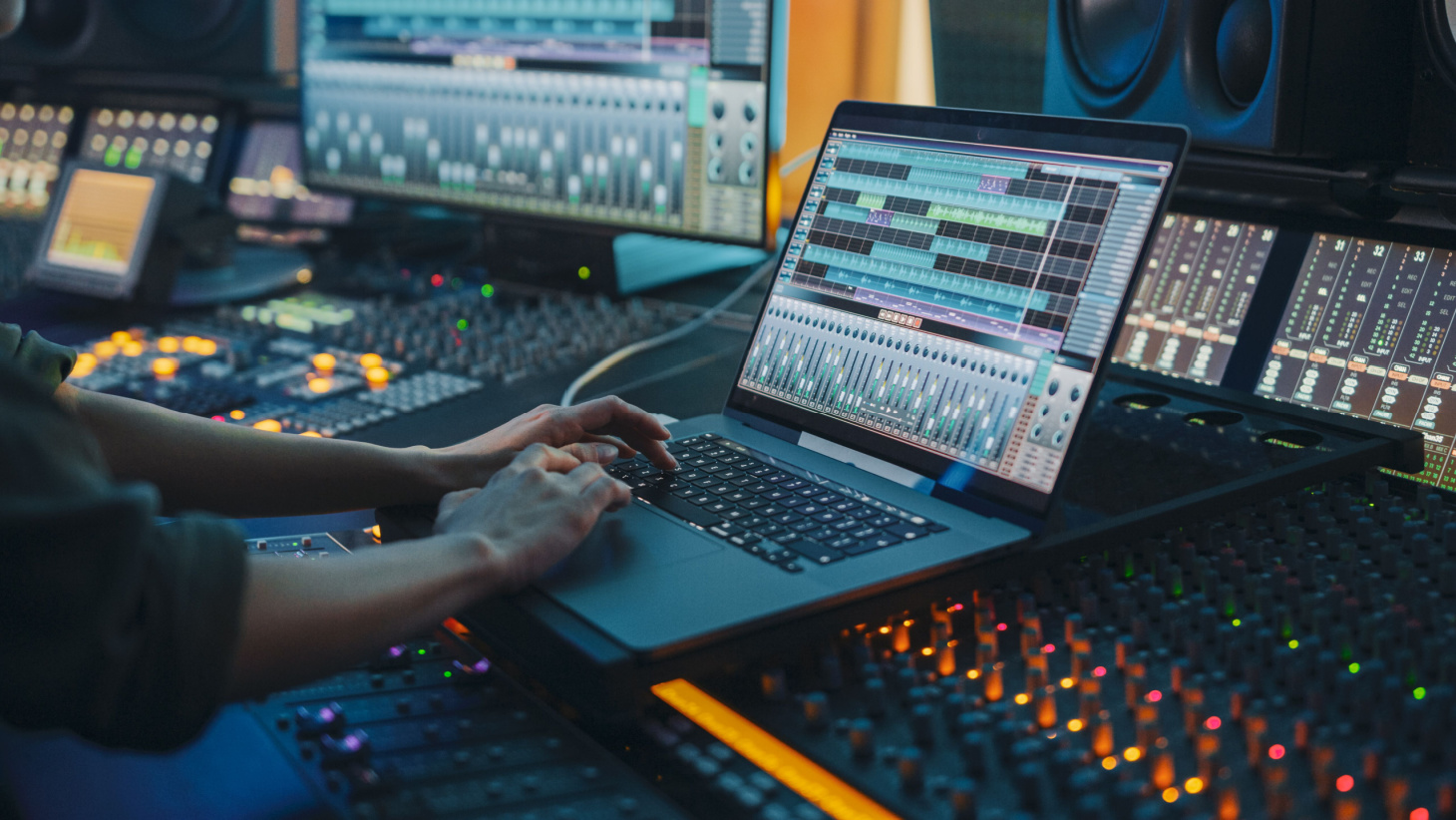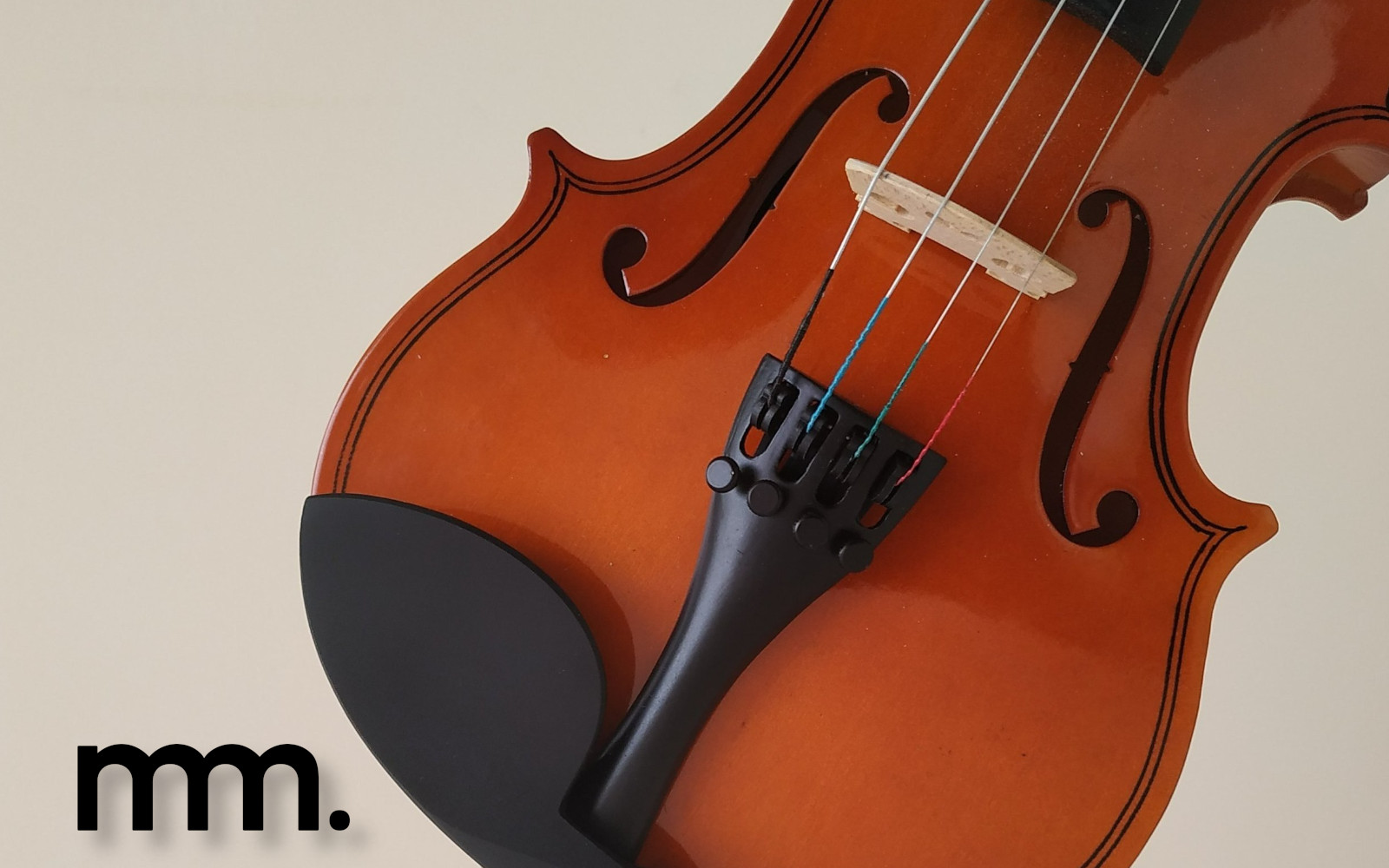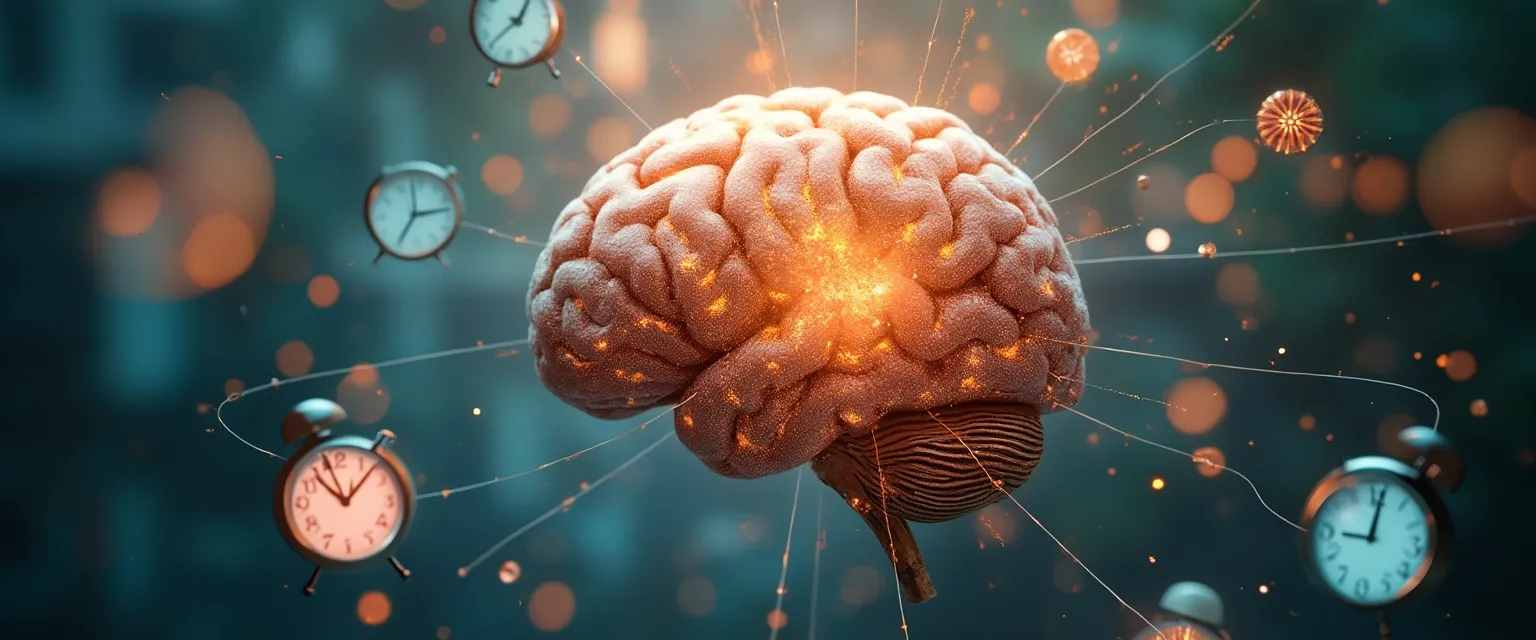How Music Lessons Boost Self-Esteem Social Skills in Kids

Engaging in creative hobbies plays a vital role in a child’s development, especially in fostering emotional and social growth. Among these hobbies, music lessons stand out for their unique ability to enhance self-esteem and improve interpersonal skills. As children and teenagers immerse themselves in music, they not only learn the mechanics of notes and rhythms but also gain invaluable experiences that shape their confidence and relationships with others.
Unlocking Potential Through Music
Studies show that participating in music education offers numerous benefits, including:
- Increased Confidence: Performing in front of peers helps children overcome stage fright.
- Teamwork Skills: Playing in bands or ensembles requires cooperation and listening.
- Emotional Expression: Music provides a medium to express feelings and emotions effectively.
Discovering the Top 5 Benefits
In this article, we will explore the top 5 ways music lessons can boost self-esteem and social skills among children and adolescents. The insights presented will not only highlight the importance of music education but also inspire parents to consider its impact on their child’s growth.
EXPLORE MORE: Click here to discover top tools for digital drawing
The Influence of Music Classes on Children’s and Adolescents’ Self-Esteem and Social Skills
Music education is a remarkable field that extends far beyond creating aspiring musicians. This unique form of education has the potential to profoundly influence the personal development of children and adolescents, enhancing their self-esteem and social skills in ways that traditional classroom settings might not. This article will delve into the top five ways music classes impact young individuals, highlighting music’s critical role as a creative and educational hobby.

5. Enhanced Cognitive Development
Many studies have consistently shown that musical training can significantly enhance cognitive abilities in children and adolescents. For example, learning to play an instrument requires understanding musical notation, rhythm, and pitch—all complex mathematical concepts. This engagement with music requires and fosters advanced brain activities, boosting memory, attention, and spatial-temporal skills.
In Canada, a study by scholars at the University of Toronto found that students involved in music programs scored higher on IQ tests than their non-musical peers. These cognitive boosts do more than just improve academic performance—they bolster self-esteem. When children perceive themselves as intelligent and capable learners, they naturally gain confidence and motivation to further pursue their interests and education.
Moreover, cognitive skills enhance social interactions. A well-developed brain can efficiently process complex dialogues and respond appropriately, which is essential for successful social interaction. Engaging with music allows young individuals to improve these skills in a stimulating and enjoyable environment.
4. Development of Teamwork Skills
Music education, especially in a group setting such as a band or orchestra, is an excellent platform for students to develop critical teamwork skills. Working together requires clear communication, mutual understanding, and a shared goal. In an orchestra, for instance, every member must work in harmony, playing their part while remaining in sync with the group.
Such experiences teach invaluable lessons in collaboration, such as when students must negotiate who gets the solo or how to handle a conflicting opinion about a performance piece. These negotiations enhance students’ ability to resolve conflicts effectively and open lines of understanding among peers.
Furthermore, collaborating on musical projects helps students form deep bonds with one another, creating friendships that can last a lifetime. The camaraderie built during rehearsals can significantly enhance their self-esteem, as students feel a sense of belonging and value within the group.
3. Fostering Emotional Expression
One of the most profound benefits of music education is its ability to foster emotional expression. Artistic expression through music provides a channel for children to explore and articulate their emotions. This process is particularly beneficial for those struggling to convey their feelings verbally or who are dealing with emotional challenges such as anxiety or depression.
For instance, creating music or interpreting a piece allows individuals to express joy, sorrow, anger, or nostalgia without verbal constraints. Such emotional exploration encourages self-awareness and understanding, which are critical components of healthy self-esteem. When students see their emotions respected and understood through music, they feel valued and accepted, reducing social anxiety.
Additionally, expressing emotions together in a music class promotes empathy. Students learn to connect with others’ feelings based on their musical interpretations and shared experiences, strengthening their social bonds and enhancing interpersonal relationships.
2. Boosting Confidence through Performance
Performance is an integral part of music education, and facing an audience can be both daunting and exhilarating. However, this experience of performing provides an unmatched opportunity for students to build confidence. The act of stepping onto a stage—whether in a school assembly or a concert hall—teaches students to manage anxiety and project a strong self-image.
Every successful performance enhances students’ confidence as they see their hard work rewarded with applause and recognition. This public appreciation reinforces their self-worth and encourages a positive self-image. Furthermore, regular performances, feedback from audiences, and interactions with listeners all contribute to the development of poise and self-assurance in social situations.
The skills gained through regular performances in music classes translate into other areas of life. Confident students are more prepared to tackle other public speaking situations and are better equipped for social interactions, which can enhance their career prospects in the future.
1. Cultivation of Social Connections
At the core of music education’s impact is its ability to cultivate social connections. Engaging in music classes allows students to form meaningful relationships with classmates through shared experiences, learning, and creativity. These connections are vital as they offer a sense of community and mutual support that can be especially reassuring during adolescence.
Music ensembles often become close-knit communities where students feel accepted and understood. The structured yet creative environment of a music class supports students as they engage in complex interactions, develop communication skills, and work collaboratively towards musical excellence.
Additionally, the shared passion for music creates common ground among students, easing social barriers and fostering friendships. The ability to collaborate and appreciate each other’s talents not only bolsters self-esteem but also lays the foundation for successful interpersonal relationships outside the music room.
Overall, music education is indispensable in nurturing not just the next generation of musicians but also cultivating individuals who are confident, empathetic, and socially adept. Through its rich influence on self-esteem and social skills, music firmly roots itself as an essential component of holistic educational development.
| Category | Detailed Information |
|---|---|
| Creative Expression | Music lessons enable children and adolescents to express themselves creatively, leading to enhanced self-awareness and emotional intelligence. Through performing and composing music, they explore different emotions and learn how to convey feelings effectively, which contributes to a stronger sense of identity. |
| Social Interaction | Participating in group music classes fosters collaboration and teamwork, as students work together towards a common goal, such as a concert or an ensemble performance. This cooperative environment helps children develop important interpersonal skills, including communication, empathy, and conflict resolution. |
| Discipline and Patience | Learning an instrument or mastering vocal techniques requires dedication and regular practice. This commitment teaches children patience and resilience as they set and achieve personal goals. As their skills improve, their confidence builds, reinforcing a positive self-image. |
| Cognitive Development | Engagement in music education has been linked to enhanced cognitive abilities, including improved memory, attention, and abstract reasoning. These cognitive skills play a pivotal role in academic achievement and can significantly boost a young person’s confidence in both academic and social settings. |
DIVE DEEPER: Click here to discover creative drawing ideas
FAQs on the Influence of Music Lessons on Children’s and Adolescents’ Self-Esteem and Social Skills
How do music lessons enhance self-esteem in children and adolescents?
Music lessons can significantly boost self-esteem by providing a sense of achievement and competence as children and adolescents learn to play an instrument or refine their vocal skills. The gradual mastery of music pieces and performing in front of an audience, whether large or small, can lead to a heightened sense of accomplishment and self-worth. Every successful performance fosters confidence and acknowledges their progress and talent, which is pivotal for their personal growth.
In what ways do music lessons improve social skills among young learners?
Engaging in music groups such as bands, orchestras, or choirs requires coordination, cooperation, and collaboration, which are key social skills. These settings offer children and adolescents opportunities to interact, communicate, and express themselves in a group context, fostering teamwork and empathy. Learning to listen to and understand others’ perspectives through music can strengthen their social interactions both in and out of the musical environment.
Can music lessons have a long-term impact on personal development?
Yes, the skills acquired through music lessons can have enduring effects on personal development. Studies indicate that the discipline, focus, and patience learned during music education resonate into other areas of life, impacting academic performance and emotional resilience. Moreover, the ability to express oneself creatively through music can lead to lifelong benefits in self-awareness and emotional intelligence, integral components of holistic development.
Are there specific types of music that are more beneficial for boosting self-esteem and social skills?
While any genre can be beneficial, participatory music activities that encourage group interaction, such as jazz ensembles or community choirs, may provide more pronounced benefits for social skills. Similarly, classical music lessons that emphasize individual skill development and personal expression might be particularly effective for enhancing self-esteem. Ultimately, the choice of music should align with the child’s or adolescent’s interests for the most engaging and rewarding experience.
DISCOVER MORE: Click here for expert tips
Conclusion: The Profound Impact of Music Lessons on Youth
In exploring the topic of music lessons and their influence on the self-esteem and social skills of children and adolescents, several compelling insights have emerged. Music education is not merely an artistic pursuit; it is a powerful tool for personal development and social integration.
Through various case studies and research, it becomes evident that active participation in music classes can significantly enhance a young person’s self-worth. Engaging with music encourages students to express emotions, tackle challenges, and achieve personal goals, all of which contribute to a more resilient self-esteem. The structure and discipline learned through music can provide a sense of achievement and empowerment that translates into other life areas.
Beyond individual growth, music lessons serve as a vital platform for developing social competencies. By working collaboratively in group settings such as bands, choirs, or orchestral ensembles, students cultivate essential skills like communication, teamwork, and empathy. These interactions are integral to forming respectful relationships and building a supportive community.
It is evident that celebrating creative hobbies, such as music education, can facilitate profound personal and social development. The benefits of incorporating music into educational curriculums are impactful and far-reaching. By nurturing a passion for music, educators and parents can foster an environment that supports both individual growth and collective harmony among the youth.
In light of these findings, the importance of investing in music education cannot be overstated. Further exploration and integration into educational systems could unlock new potentials and ensure a well-rounded development for future generations. As we continue to recognize and appreciate the arts, it becomes clear that music is a vital component in shaping confident, socially adept, and culturally enriched individuals.


